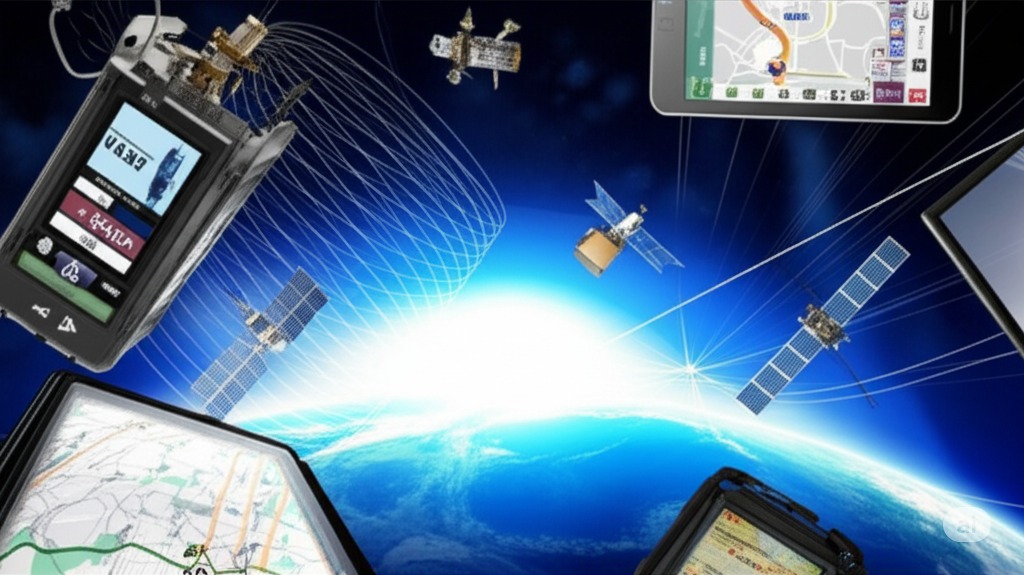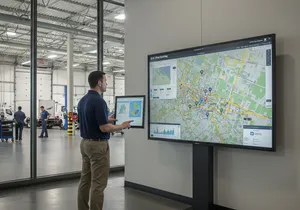Cost Factors
- Hardware specifications and durability requirements
- Software feature sets and customization needs
- Implementation scope and complexity
- Integration requirements with existing systems
- Training and support services
solution costs often emerge during implementation including data migration expenses, system integration complexities, additional training requirements, hardware replacement schedules, and cellular network coverage upgrades.










